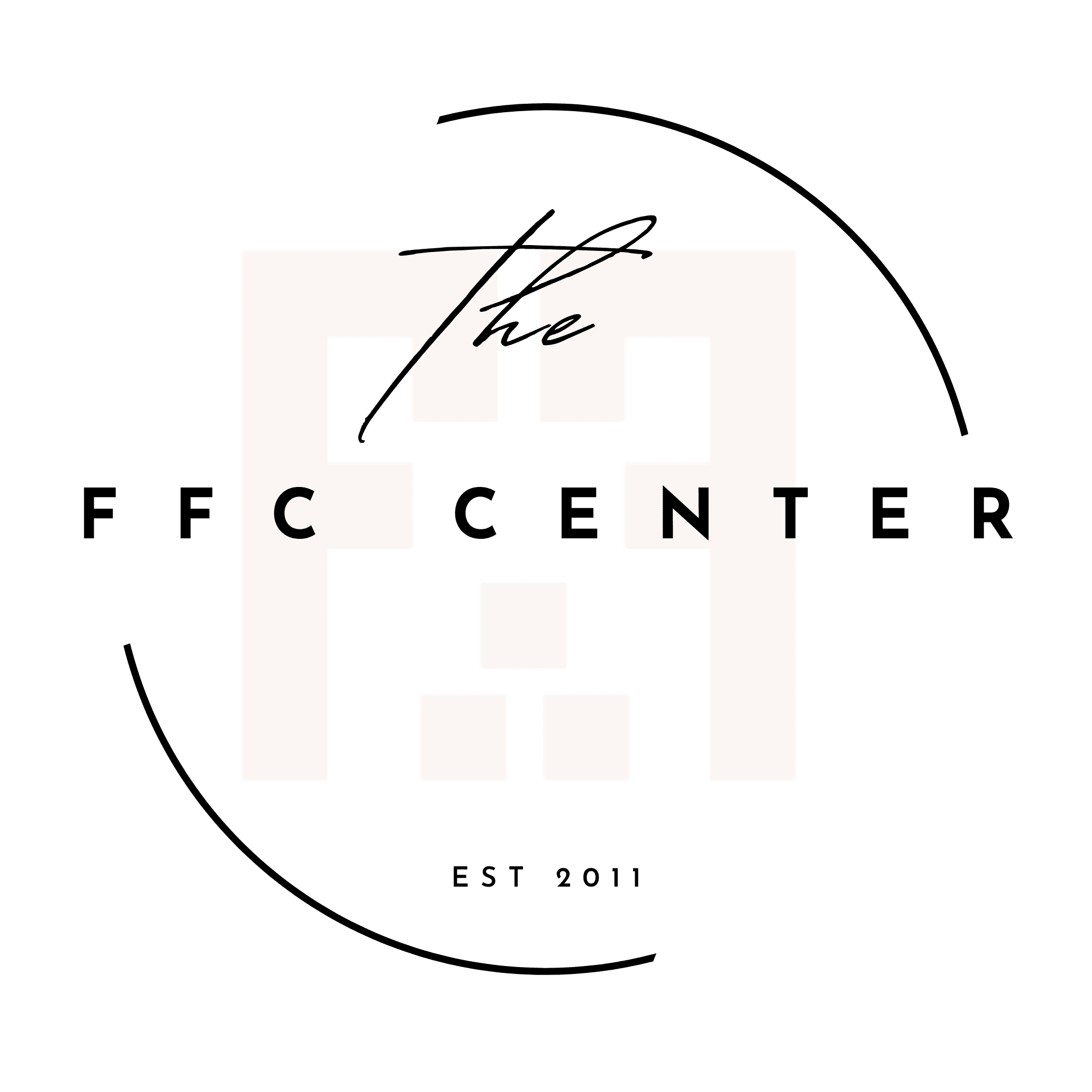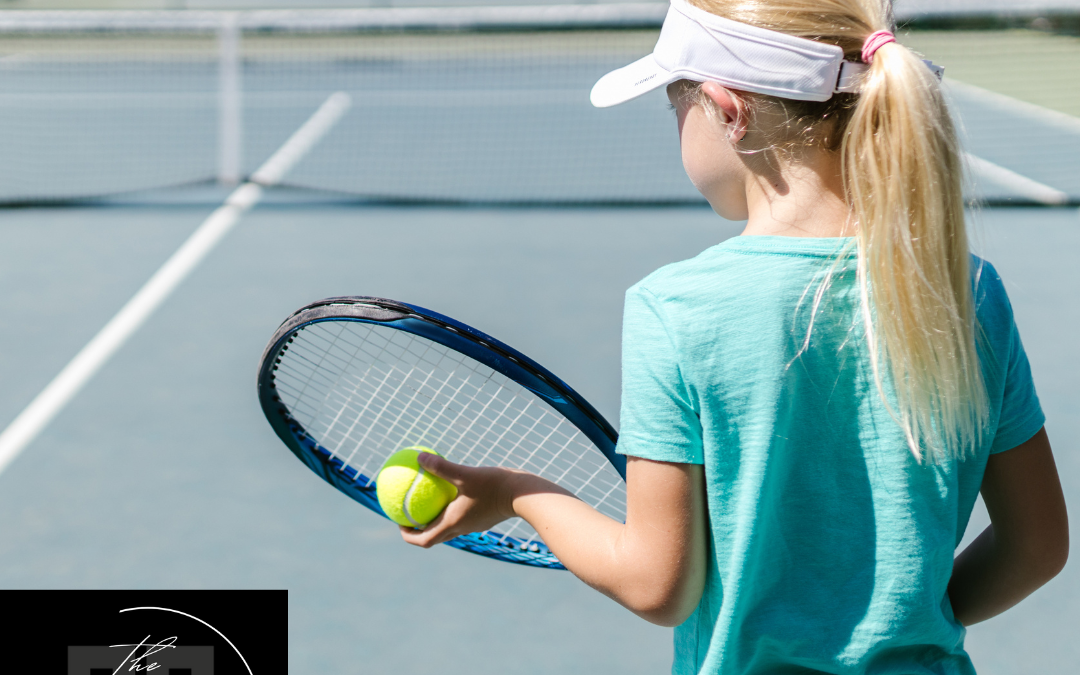Performance anxiety is a common hurdle for young tennis athletes aiming to excel. While it’s a natural part of competition, excessive anxiety can hinder performance and dampen the joy of playing. In this blog post, we explore alternative strategies for competitive tennis athletes to manage performance anxiety effectively, and how parents can play a supportive role in their child’s mental well-being.
Mindfulness and Relaxation Techniques:
Encouraging young athletes to practice mindfulness and relaxation techniques can be a game-changer. Simple exercises such as deep breathing, visualization, or progressive muscle relaxation help calm the nervous system and bring focus back to the present moment. Parents and coaches can introduce these techniques during non-competitive times, making them familiar tools for managing anxiety during high-stakes situations.
Positive Self-Talk and Goal Setting:
Shifting the focus from fear of failure to positive self-talk and goal setting empowers young tennis athletes. Encourage them to set realistic, achievable goals, and to replace negative thoughts with positive affirmations. Parents can play a role in reinforcing a growth mindset, emphasizing that mistakes are part of the learning process and not indicators of failure.
Establishing Pre-Game Routines:
Consistent pre-game routines create a sense of familiarity and control, reducing anxiety. Help your child develop a routine that includes physical warm-ups, mental preparation, and moments of relaxation. This routine can serve as a comforting ritual, signaling to the young athlete that they are ready for the challenge ahead.
Encouraging a Healthy Perspective:
Remind young athletes that sports are meant to be enjoyable, and the primary goal is personal growth and development. Encourage them to focus on the aspects of the game they love, fostering a positive attitude. Parents can reinforce this perspective by celebrating effort and improvement, rather than solely focusing on outcomes.
Seeking Professional Support:
When performance anxiety becomes a significant obstacle, seeking the guidance of sports psychologists or counselors can be beneficial. Our practice provides tailored strategies to address individual challenges, offering a safe space for young tennis athletes to express their concerns and work through mental blocks.
Modeling Healthy Coping Mechanisms:
Parents serve as powerful role models for their children. Demonstrating healthy coping mechanisms for stress and anxiety in daily life sets a positive example. Whether it’s through exercise, hobbies, or relaxation techniques, showing how to manage stress effectively reinforces the importance of maintaining mental well-being.
Conclusion:
Performance anxiety is a natural part of being a young athlete, but it doesn’t have to be a hindrance. By incorporating alternative strategies such as mindfulness, positive self-talk, and goal setting, young athletes can navigate high-pressure situations with greater resilience. Equally important is the role parents play in offering support, encouragement, and modeling healthy coping mechanisms. Together, these approaches contribute to a positive and balanced approach to sports, fostering not only athletic success but also the overall well-being of young athletes. If you find these suggestions have been helpful but you would like to get more specialized support catered to your athlete’s individual needs, let us help. Going beyond basic strategies may be the key that unlocks your athlete so that they can move past the mental blocks that keep them from being present during competitive matches. Short term support can have a lasting impact and be a game changer.


